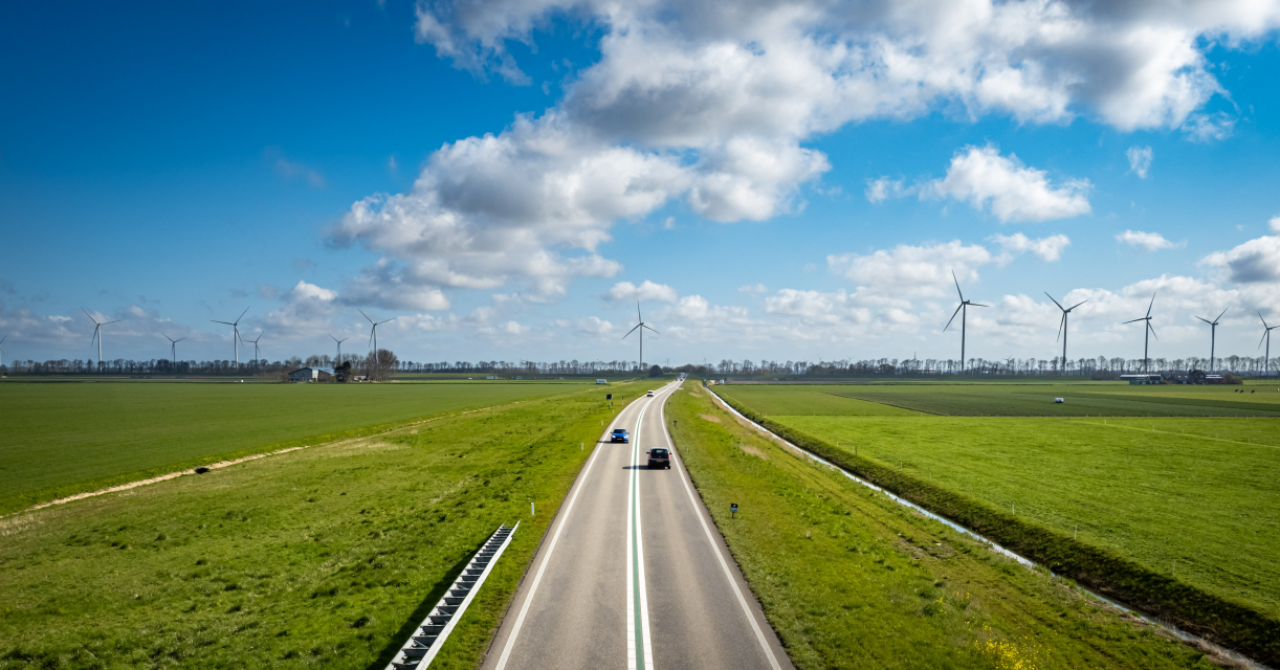E-fuels might become a necessity, since it is difficult to electrify long-distance, cargo transportation, such as trucking, shipping and aviation.
Here, at Green Start-up, we wrote in the past about the decarbonization of shipping and aviation in a few articles, but it seems more obvious than ever that the world needs to look at as many options as possible to greenify this sector of the transport.
As the World Economic Forum reports, the thing is that transport emissions mostly come from road travel, three-quarters of these emissions to be exact, most of this amount being from cars and buses and less than 30% from trucks.
Aviation is another big target for decarbonization, and while it is definitely not a bad thing, it only accounts for 10% of the total transport emissions, with international shipping contributing with a similar amount.
Finally, railway transportation contributes with the least amount of CO2 emissions, since most railways are electrified.
The International Energy Agency looked into the matter and discovered that in order to meet the net-zero targets by mid-century, we need to reduce transport emissions by 20% until 2030.
Back to the e-fuels and how they can help us achieve this, also known as synthetic fuels, they are becoming increasingly popular as a fuel replacement.
Electrofuels are obtained through using electricity in order to combine hydrogen molecules in water with the carbon found in CO2, and a liquid fuel is resulted, which works in existing engines.
The nice part of this process is that the carbon emissions that are being used are captured directly from the atmosphere, so burning e-fuels won't add more emissions.
As with all alternative energy sources, electrofuels are expensive to produce, and depending on the fuel that you want to replace, they can be as much as seven times more costly than traditional fossil fuels.
One of the companies that is invested in making electrofuels for global transport is California-based Infinium, which partnered with ENGIE for the largest commercial-scale e-fuels facility in Europe.
The France-based facility, which will be called Reuze, will convert more than 300.000 tons of CO2 per year into e-fuels for aviation and shipping in Europe.
Robert Schuetzle, CEO of Infinium, said that "as one of the largest announced CO2 conversion hubs in Europe to date, we anticipate that the facility will convert more than 300,000 tons of CO2 waste into low-carbon Infinium electrofuels every year for use in Europe’s shipping and aviation industries."
"One of the best things about Infinium’s electrofuels is that the fuels can be used in existing engines and infrastructure without the need for redesigns or upgrades. This allows companies to reduce harmful emissions and meet their carbon reduction goals without costly transportation conversions", he added.
Mexico is one of the countries that can change the shipping industry, by providing green, carbon-neutral fuels, since it is close to the US and also to both the Atlantic and the Pacific Oceans, which means that it can be one of the most important suppliers for ships that transit nearby ports.
With the great green energy potential that the country has, officials in Mexico have set the target to decrease greenhouse gas emissions by at least 50% by 2050.
More countries need to take action like this for the world to be able to achieve its climate objectives and to prevent environmental disasters.
 Mihai - Cristian Ioniță
Mihai - Cristian Ioniță












Any thoughts?